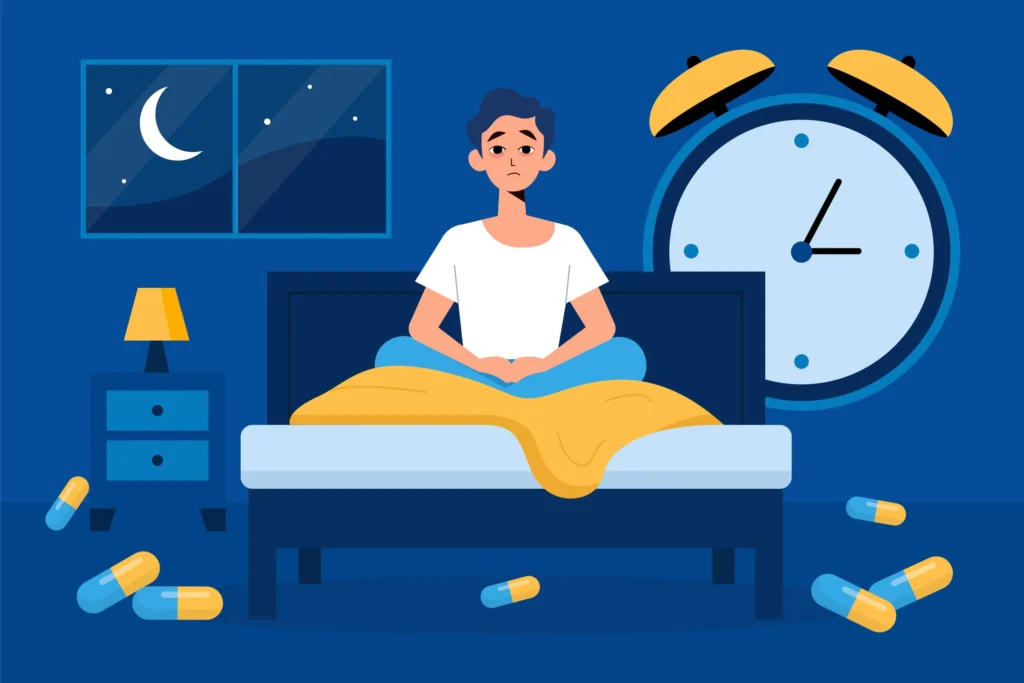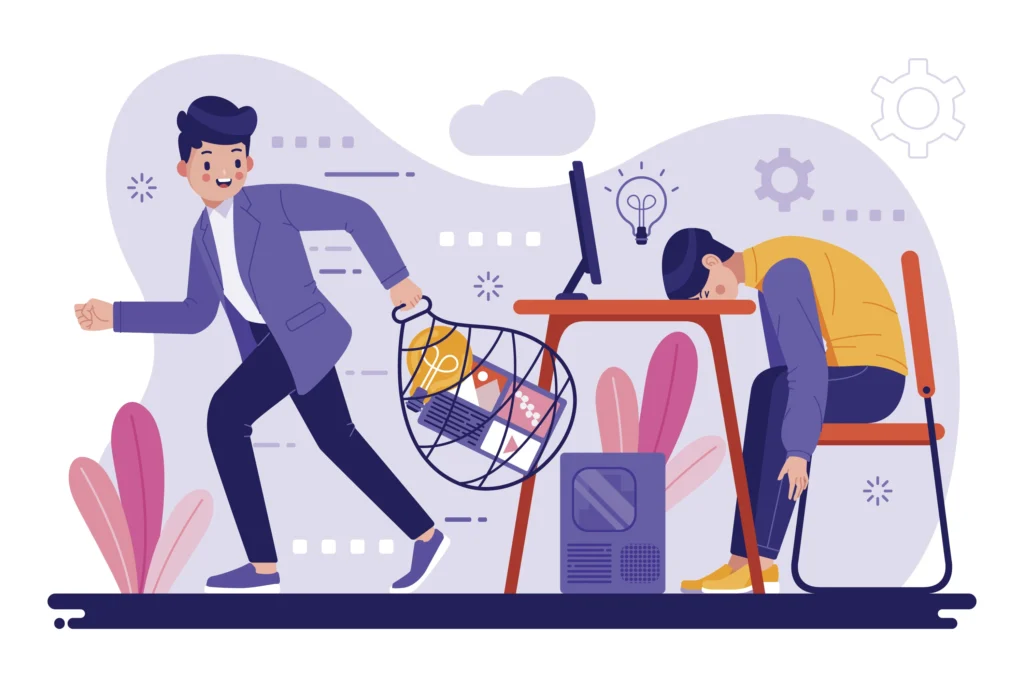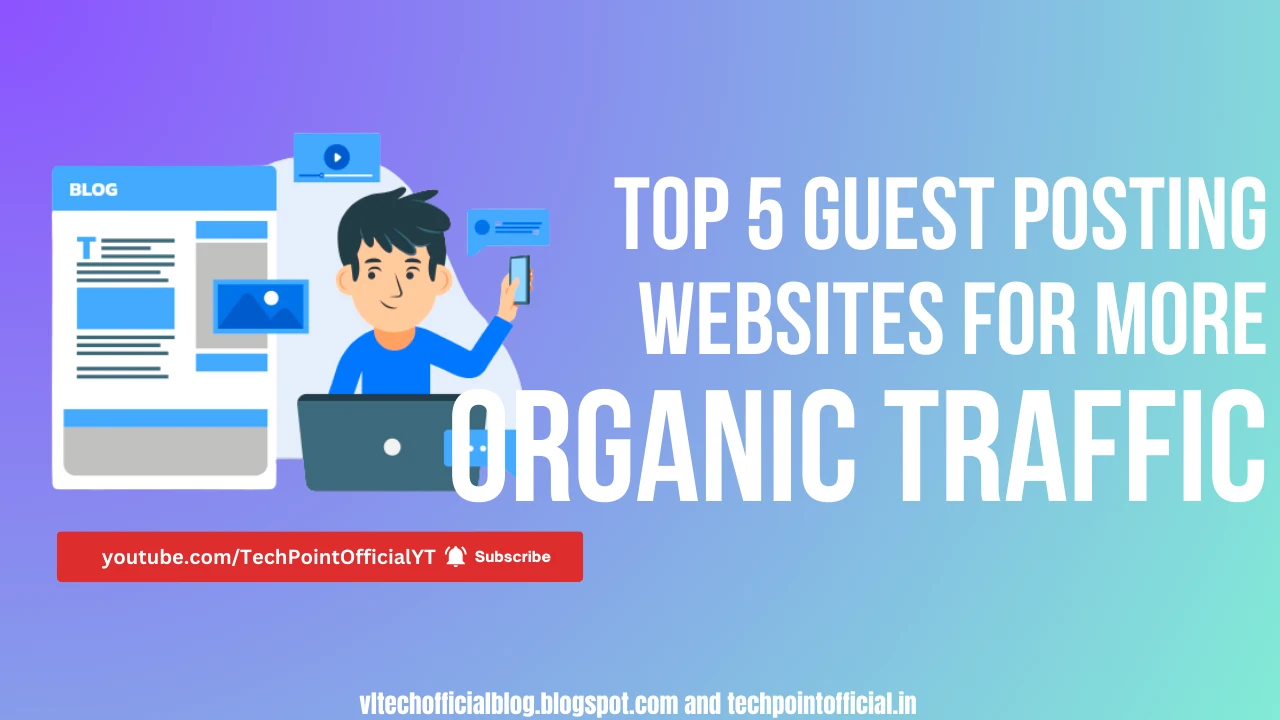Table of Contents Hide
- The Shocking Reality of Our Sleep-Deprived Generation
- The Science Behind Our Sleep Crisis
- Why This Generation Chose 2 AM Over Success
- The Real Cost of Late-Night Culture
- The 7-9 Hour Sleep Foundation: Your Competitive Advantage
- Breaking Free from the 2 AM Trap
- The Generation That Could Change Everything
- The Economic Reality We Can’t Ignore
- Your 30-Day Sleep Recovery Challenge
- Conclusion: The Choice is Yours
- References and Research Sources
- Frequently Asked Questions (FAQ)
- If you found this guide helpful,
We live in a generation that has normalized staying awake until 2 AM as if it’s a badge of honor. But what if this “hustle culture” mentality is actually the biggest threat to our success? After diving deep into the latest research on sleep deprivation and productivity, the findings are more alarming than you might think.
The Shocking Reality of Our Sleep-Deprived Generation
I don’t even remember the last time I slept at 10 PM. If you’re reading this, chances are you don’t either. We’ve collectively decided that sleeping late is normal, productive, even admirable. But here’s the harsh truth: we’re destroying our future one late night at a time.
Whether we’re grinding on side projects, endlessly scrolling through social media, having those deep conversations that stretch until dawn, or genuinely working to build our careers – we’ve forgotten something crucial. Our bodies and minds aren’t machines, and sleep deprivation comes with a price tag we’re only beginning to understand.
The Science Behind Our Sleep Crisis
Recent research reveals a startling picture of our generation’s relationship with sleep. A survey from the American Academy of Sleep Medicine found that 93% of Gen Z have lost sleep because they stayed up “past their bedtime” to view or participate in social media.
But the problem runs deeper than just social media. As Dr. Matthew Walker, Professor of Neuroscience at UC Berkeley and author of the bestselling “Why We Sleep,” emphasizes in his 2024 research: “Less sleep does not equal more productivity.” His latest findings show that sleep deprivation impairs a person’s ability to focus and learn efficiently and to consolidate memory, critical aspects of a functioning workforce. We’re not just tired – we’re literally damaging our cognitive abilities.
The Economic Impact is Staggering
The numbers don’t lie, and top business publications are taking notice. Harvard Business Review’s 2024 analysis on toxic productivity culture highlights how our obsession with constant work is backfiring spectacularly. The publication notes that “toxic productivity is an unhealthy compulsion to be productive at all times, often at the expense of our mental and physical well-being.”
Lack of sleep is estimated to cost the United States over $400 billion annually in lost productivity. A groundbreaking Harvard Business Review study titled “How Much Is Bad Sleep Hurting Your Career?” found that poor sleep leads to detriments in job performance, productivity, career progression and satisfaction, and an increase in job-related accidents, absenteeism, and counterproductive work behaviors.
Even more concerning: Workers who get less than 6 hours of sleep per night are 5 times more likely to call in sick. We’re not building resilience; we’re building a foundation for failure.

Why This Generation Chose 2 AM Over Success
The False Productivity Trap
We’ve been sold a lie. The idea that staying up late equals being productive has become so ingrained in our culture that we’ve stopped questioning it. But here’s what actually happens when you choose that 2 AM “productive session”:
Your brain performance plummets. Sleep-deprived decision-making becomes equivalent to being legally intoxicated. Would you make important career decisions while drunk? Then why are you making them while sleep-deprived?
The Social Media Time Trap
The research reveals an uncomfortable truth about our generation’s sleep habits. We’re not just working late – we’re losing sleep to endless scrolling. Those “quick checks” of Instagram, TikTok, or LinkedIn before bed turn into hours of mindless consumption, pushing our sleep schedules later and later.
The FOMO Culture
Fear of missing out has extended into our sleep schedules. We stay up because we feel like everyone else is awake, working, creating, achieving. But here’s the reality: while you’re up at 2 AM thinking you’re ahead of the competition, you’re actually falling behind by destroying your most valuable asset – your cognitive function.
The Real Cost of Late-Night Culture
Cognitive Performance Destruction
Leading sleep researcher Dr. Matthew Walker’s 2024 findings reveal that sleep deprivation impairs visuomotor performance, which is measured with tasks of digit symbol substitution, letter cancellation, trail-making or maze tracing. His recent collaboration with Equinox Hotels on “The Sleep Lab” project demonstrates the urgency of this crisis – major corporations are now investing millions in sleep science research.
A Harvard Business Review study found that 42% of global leaders average six hours of sleep or less per night, leading to poor judgment, lack of self-control, and impaired creativity. In simpler terms: your brain’s ability to process information, make connections, and solve problems deteriorates with every hour of lost sleep.
Creative Death
That creative breakthrough you’re hoping for at 2 AM? It’s statistically less likely to happen. Sleep deprivation kills creativity, problem-solving abilities, and innovative thinking – the very skills this generation needs to succeed in a rapidly changing economy.
The Burnout Epidemic
Poor quality sleep is linked to a 23% higher chance of experiencing burnout at work. We’re not building careers; we’re building a direct path to professional exhaustion and mental health crises.
The 7-9 Hour Sleep Foundation: Your Competitive Advantage
Why 7-9 Hours Isn’t Negotiable
Despite what hustle culture tells you, 7-9 hours of sleep isn’t a luxury – it’s a biological requirement. During these hours, your brain:
- Consolidates memories from the day into long-term storage
- Clears metabolic waste that builds up during waking hours
- Processes emotions and reduces stress hormones
- Strengthens neural connections crucial for learning and creativity
- Repairs and regenerates both brain and body tissues
The Productivity Paradox
Research shows that each additional hour of sleep per week increases the probability of employment by 1.6 percentage points and weekly earnings by 3.4%. Better sleep literally translates to better career outcomes and higher income.
Breaking Free from the 2 AM Trap
Immediate Action Steps
- Set a Non-Negotiable Sleep Schedule Choose your wake-up time and work backward. If you need to wake up at 7 AM, your latest bedtime should be 10 PM – no exceptions, no negotiations.
- Create a Digital Sunset All screens off 1-2 hours before bed. Yes, this includes your phone, laptop, and TV. Your brain needs time to wind down from the constant stimulation.
- Design Your Sleep Environment
- Cool temperature (65-68°F)
- Complete darkness
- Minimal noise
- Comfortable mattress and pillows
- Implement the 3-2-1 Rule
- 3 hours before bed: No more large meals
- 2 hours before bed: No more work
- 1 hour before bed: No more screens
The Mindset Shift That Changes Everything
Stop viewing sleep as time lost and start seeing it as time invested. Every hour of quality sleep is an investment in tomorrow’s performance, creativity, and success. You’re not being lazy; you’re being strategic.
The Generation That Could Change Everything
Interestingly, some research suggests that younger generations are beginning to recognize this crisis. Gen Z is known for prioritizing work/life balance and being more vocal about their mental health struggles. This awareness could be the key to breaking the cycle.
But awareness isn’t enough. We need action.
Creating a Sleep-First Culture
Instead of competing over who stayed up latest, let’s compete over who:
- Achieved more with better rest
- Made smarter decisions with a clear mind
- Created breakthrough ideas with a well-rested brain
- Built sustainable success instead of burning out
The Economic Reality We Can’t Ignore
The research paints a clear picture: sleep deprivation isn’t just affecting individual performance – it’s damaging our entire economy. When we choose late nights over proper rest, we’re contributing to a system-wide productivity crisis that affects everyone.
But here’s the opportunity: while everyone else is stumbling through their days in a sleep-deprived fog, you can gain a massive competitive advantage simply by prioritizing quality sleep.

Your 30-Day Sleep Recovery Challenge
Week 1: Foundation Building
- Set a consistent bedtime and stick to it
- Remove all screens from your bedroom
- Track your current sleep patterns
Week 2: Environment Optimization
- Optimize your sleep environment for temperature and darkness
- Implement the 3-2-1 rule
- Begin a wind-down routine
Week 3: Habit Integration
- Fine-tune your sleep schedule
- Address any remaining sleep disruptors
- Monitor improvements in daily performance
Week 4: Long-term Strategy
- Establish sustainable sleep hygiene practices
- Create accountability systems
- Plan for maintaining these habits long-term
Conclusion: The Choice is Yours
The 2 AM culture isn’t serving us. It’s destroying our potential, our health, and our future. But unlike many challenges our generation faces, this one is entirely within our control.
Every night, you have a choice: sacrifice tomorrow’s potential for tonight’s illusion of productivity, or invest in the sleep that will fuel your actual success.
The research is clear. The path forward is obvious. The question is: are you ready to choose sleep over the destructive culture that’s been normalized around us?
Your future self will thank you for the decision you make tonight.
References and Research Sources
This article is based on extensive research from leading sleep scientists and business publications:
- Dr. Matthew Walker, PhD – Professor of Neuroscience, UC Berkeley, Director of the Center for Human Sleep Science. Latest research through Oura Ring collaboration (2024) and Equinox Hotels Sleep Lab project (2025).
- Harvard Business Review – “Let’s End Toxic Productivity” (November 2024) and “How Much Is Bad Sleep Hurting Your Career?” (2020), analyzing the intersection of sleep and workplace performance.
- American Academy of Sleep Medicine – 2024 survey data on Gen Z sleep patterns and social media impact.
- National Bureau of Economic Research (NBER) – “It’s the Quality of Sleep that Counts for Boosting Productivity” research conducted in Chennai, India.
- Frontiers in Psychology – “Sleep and Organizational Behavior: Implications for Workplace Productivity and Safety” (2020).
- Sleep Foundation – 2024 workplace sleep program effectiveness studies and productivity correlation research.
For the most current research and updates on sleep science, follow Dr. Matthew Walker’s work at UC Berkeley’s Center for Human Sleep Science and Harvard Business Review’s ongoing coverage of workplace wellness and productivity optimization.
Frequently Asked Questions (FAQ)
Most adults need 7-9 hours of quality sleep per night for optimal cognitive function and productivity. This isn't just about feeling rested - it's about maintaining peak mental performance, creativity, and decision-making abilities.
While weekend recovery sleep can help, it cannot fully compensate for chronic sleep deprivation during the week. Consistent sleep schedules are more effective than trying to "catch up" on sleep debt.
Late-night hours feel productive because there are fewer distractions, but your cognitive performance is actually significantly impaired. You may feel like you're accomplishing more, but the quality of work and decision-making suffers dramatically.
Most people notice improvements in focus and energy within 3-7 days of consistent, quality sleep. Significant cognitive improvements and productivity gains typically become apparent within 2-4 weeks of maintaining proper sleep hygiene.
The biggest mistake is trying to change everything at once. Start with a consistent bedtime and wake time, then gradually optimize other factors like environment and pre-sleep routines. Consistency is more important than perfection.
If you found this guide helpful,
share it with aspiring food entrepreneurs and join our community of cloud kitchen owners. Subscribe to our newsletter for the latest industry updates, success stories, and practical tips to grow your food business.
Join Whats App ChannelSubscribe Youtube Channel




